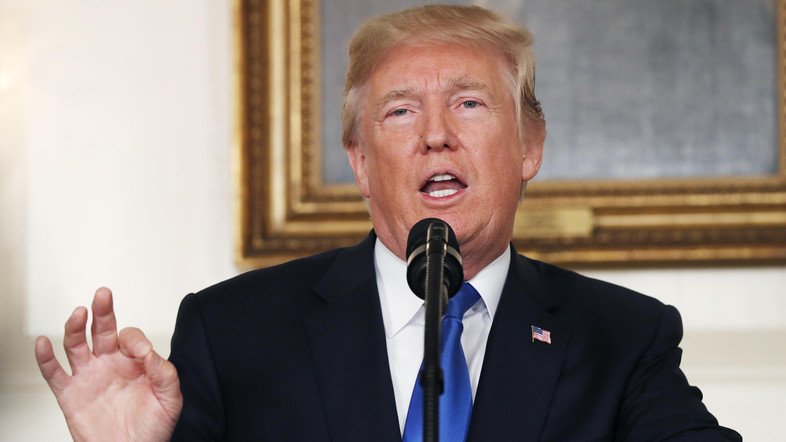23 November 2011, Sweetcrude, Abuja – This survey was carried out with a view to ascertaining what Nigerians think of the proposed removal of the subsidy on petrol. Verdict: An overwhelming rejection of the plan.
Even as the Nigerian government looks set to implement its policy to remove subsidy on petrol any time from January, 2012, a recent survey carried out by a coalition of civil society organisations in the country has shown that more than 80 percent of Nigerians are not in support of the plan.
The survey, which was conducted between October 31 and November 4, 2011, and conducted by the Alliance for Credible Election (ACE) and the CLEEN Foundation, further showed public distrust over government’s ability to manage the proceeds of the subsidy removal with many Nigerians saying that the removal will increase cost of goods and services in the country.
Speaking on Monday at the public presentation of the result of the poll, the Executive Director of CLEEN Foundation, Mr. Innocent Chukwuma, urged the Nigerian government to drop the plan to remove fuel subsidy, and to fight corruption in the Nigerian National Petroleum Corporation and the entire oil and gas industry.
“We are asking the asking the government to also stop the illegal bunkering activities and theft of oil in the Niger Delta, and to use the savings from stopping widespread corruption in the industry to fix old refineries and build new ones,” he said.
He stated taht the objective of the survey was to obtain information regarding the views of Nigerians on the proposed removal of the fuel subsidy by the government in January, 2012.
He further stated: “The issue of subsidy removal on petrol is a very sensitive and emotional one among Nigerians, and we felt the need to undertake a scientific approach by gauging the true feelings of Nigerians over the proposed policy.
“Slightly more than 8 out of every 10 respondents (87 percent) said they do not support removal of subsidy from the price of petrol. Only 13 percent of Nigerians interviewed said they were in support of the policy.”
According to Chukwuma, the results showed that the main reason cited by respondents against subsidy removal is the belief that it will lead to increase in the prices of goods and services (69 percent), while 11 percent of respondents believed that the subsidy is “the only benefit Nigerians (as an oil producing country) have enjoyed from the government.”
Furthermore, nine percent (9%) of respondents said that petrol should be refined locally before subsidy removal is considered, therefore new refineries should be built first, existing ones be fixed and properly managed. Seven percent (7%) said that government should create jobs first, while four percent (4%) believed that government will mismanagement saving from subsidy removal through corrupt practices.
He added that, “results of the survey showed that more than six in ten (66 percent) of the respondents were aware of the planned removal of subsidy on the price of petrol. More men (70 percent) than women (68 percent) were aware.
“With regards to awareness by region, the South–West recorded the highest awareness ratio with 76 percent, followed by the North Central and South-South (68 percent), the North-East (66 percent), North-West (60 percent) and South East (59 percent).”
Furthermore, Chukwuma noted, majority of the respondents think that Nigerians would protest the removal of subsidy on petrol through public demonstration and industrial actions.
“About 46 percent of respondents believe Nigerians would protest the removal of subsidy on petrol through public demonstrations and industrial actions or strikes, while 26 percent believe Nigerians would accept the removal passively as Nigerian people are generally peaceful and have seen/endured harsh actions taken by governments in the past.
“Only five percent (5%) of the respondents believe that removal of subsidy will be acceptable once Nigerians are convinced that saved funds would be put to good use,” he stated.
Also, in the event of a mass demonstration or industrial action, the results showed that nearly nine out of ten respondents think that security agencies in the country are not effectively equipped to handle such a situation of widespread protest or chaos resulting from the breakdown of law and order,” Chukwuma noted.
The opinion poll, which was conducted between October 31 and November 4, 2011, mostly by telephone included about 1032 respondents comprising 51 percent males and 49 percent females interviewed.
The respondents were Nigerians who are 18 years and above living in all parts of the country, and their telephone numbers were randomly selected from a pool of numbers representing the six geographical zones of the country.
According to the organizers, the survey was conducted in five languages including English, pidgin, Hausa, Igbo, and Yoruba by an independent research company, Fusion Consulting Limited.




